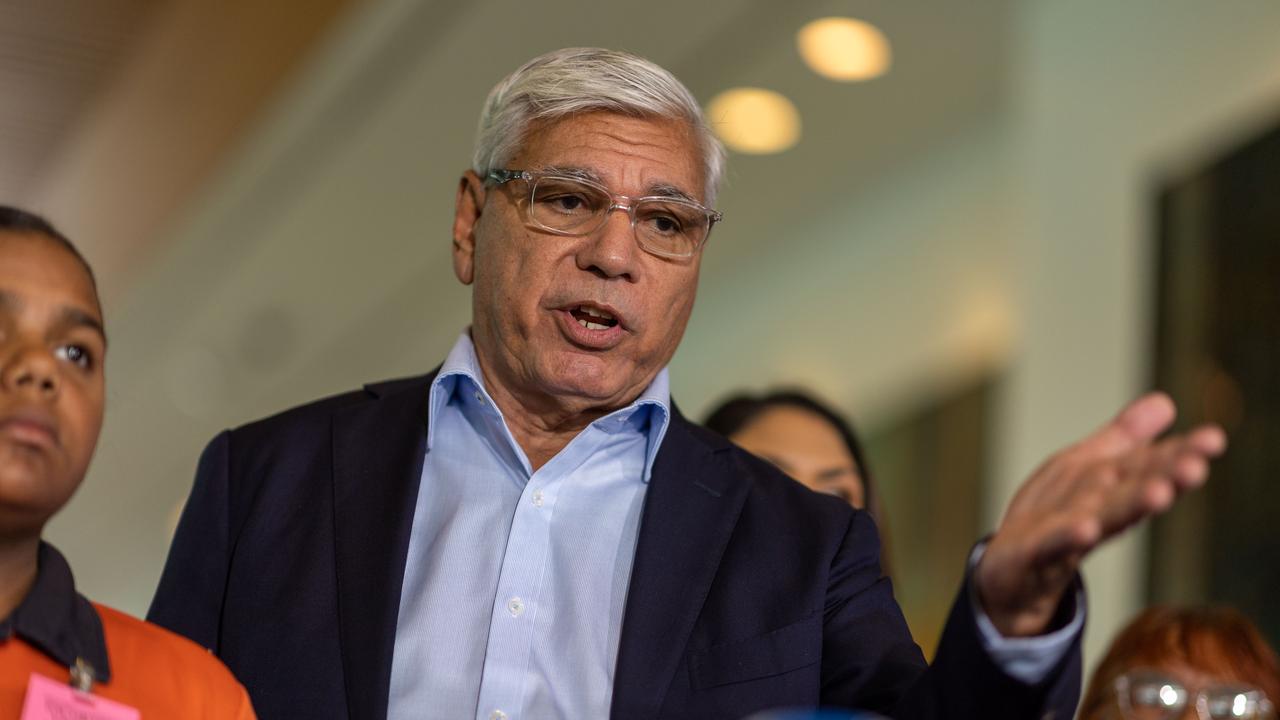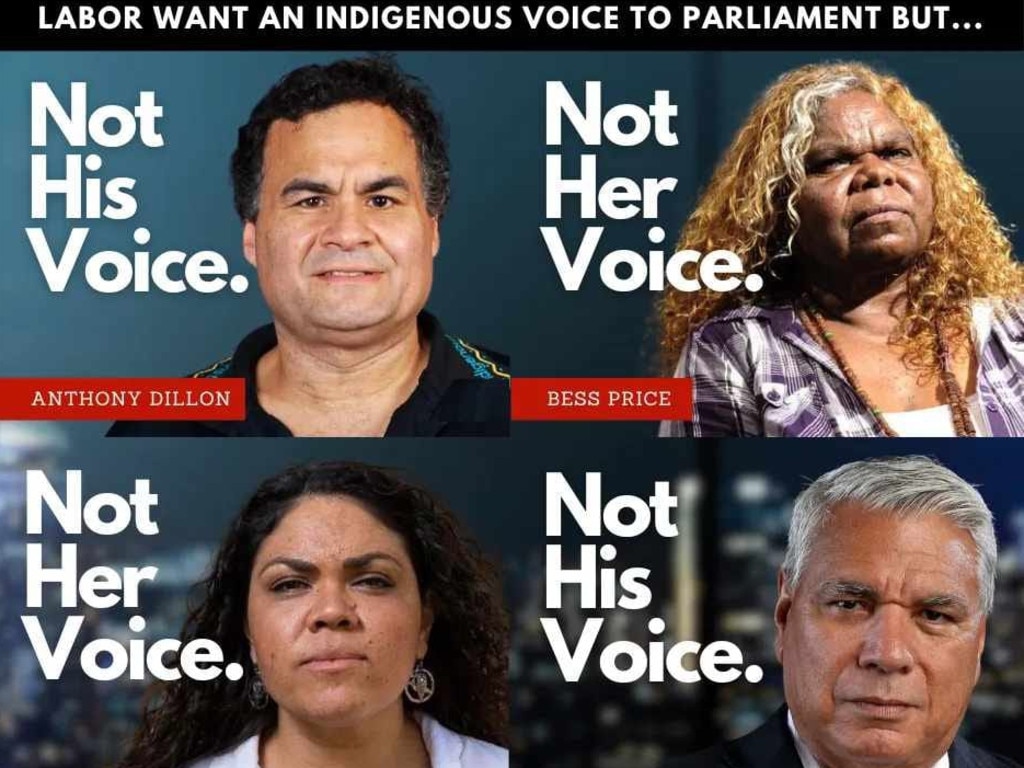Support for Labor’s proposal to change the constitution to give Indigenous Australians their own Voice to Parliament remains soft, despite a blitz of advertising and corporate support for the referendum.
According to figures released by Roy Morgan Research on Tuesday, just 46 per cent of Australians said they would vote “yes” to establish the proposed Aboriginal and Torres Strait Islander Voice to Parliament if the vote were held today.
Warren Mundine, one of the leaders of the Recognise a Better Way campaign, which is urging Australians to vote no at the referendum, said that the numbers “just go to show the Australian people aren’t mugs.”
“The vitriolic attacks by the yes campaign, and the bullying of people, and the not being able to explain what the Voice is about is simply not working for them,” he said.
“The Australian people see through this, and they want practical outcomes for Aboriginal people and to recognise them and have reconciliation, but they don’t want a huge bureaucracy.”
Nyunggai Warren Mundine and 22 Indigenous community leaders from as far away as Ngukurr in the NT with Fair Australia, the Indigenous Delegation against the Voice in Canberra. Picture: NCA NewsWire / Gary RamageHowever, sources within the “yes” camp have indicated that they believe support will swing their way as the campaign advances.
The numbers are unchanged from April, though the number of “undecided” voters has grown by three percentage points to 18 per cent, and come as Prime Minister Anthony Albanese works to move legislation to kick off the referendum process through the House of Representatives.
To pass, a referendum requires both a majority of Australians and a majority of voters in a majority of states to vote in favour of changing the constitution.
The “no” campaign is relying heavily on social media and targeted advertising.That means that along with winning the national popular vote, at least four states need to come in with clear majorities.
The poll indicated that nationally, NSW and Victoria are home to the largest number of “yes” voters.
Queenslanders, meanwhile, remained the most likely to vote “no” by a clear plurality of 46 to 39 per cent.
While Coalition voters remain the most staunchly opposed to the Voice, with just 10 per cent saying they will vote in favour of the change, Labor voters have also softened.
Among ALP supporters, the Voice’s popularity has dropped by 8 points to 67 per cent.
Indigenous Voice to parliament
GettyThe Voice referendum question
A Proposed Law: to alter the Constitution to recognise the First Peoples of Australia by establishing an Aboriginal and Torres Strait Islander Voice. Do you approve of this proposed alteration?
If a majority of Australians vote in favour of the Voice, the Constitution would be amended as follows:
- There shall be a body, to be called the Aboriginal and Torres Strait Islander Voice;
- The Aboriginal and Torres Strait Islander Voice may make representations to the Parliament and the Executive Government of the Commonwealth on matters relating to Aboriginal and Torres Strait Islander peoples;
- The Parliament shall, subject to this Constitution, have power to make laws with respect to matters relating to the Aboriginal and Torres Strait Islander Voice, including its composition, functions powers and procedures.
The figures come as both sides of the debate ramp up their advertising and persuasion campaigns.
While the “yes” camp has largely concentrated on major metropolitan market advertising in print and on TV and radio, the “no” camp has revealed that it is banking on a more targeted effort to make its case on social media and online.
Indigenous Voice to Parliament struggles to get support despite massive advertising effort, poll shows | Daily Telegraph
- Forums
- Political Debate
- Poll reveals Voice to Parliament struggling to get support despite massive advertising effort
Poll reveals Voice to Parliament struggling to get support despite massive advertising effort
-
- There are more pages in this discussion • 66 more messages in this thread...
You’re viewing a single post only. To view the entire thread just sign in or Join Now (FREE)







